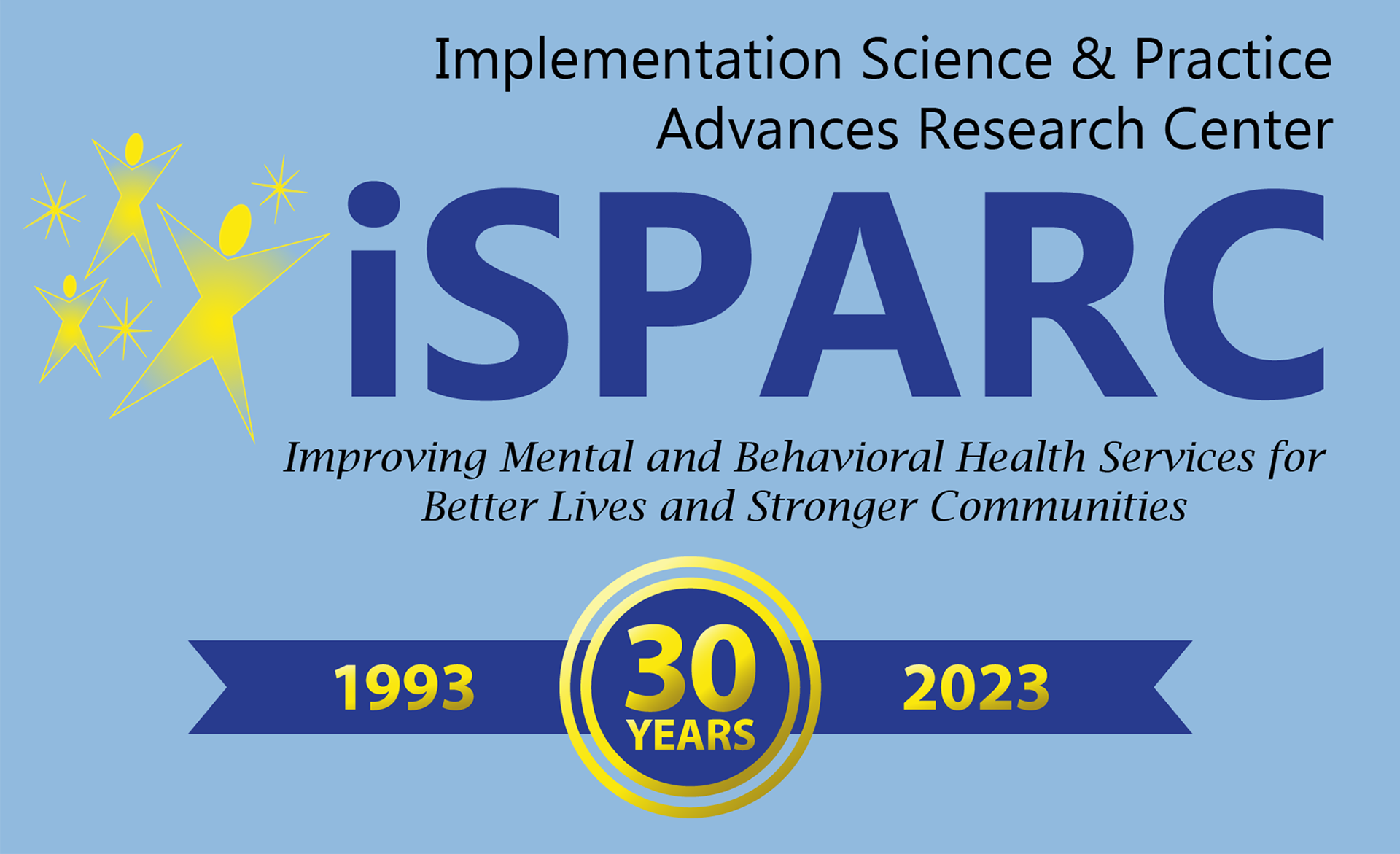Celine Larkin Is PI of a New NIMH Study to Develop an App to Reduce Suicidality in Emergency Department Patients
Date Posted: Saturday, August 01, 2020
 iSPARC researcher and assistant professor of emergency medicine, Celine Larkin, PhD, received a grant from the National Institute of Mental Health to develop telehealth and mobile app programs to reduce suicide among patients seen in emergency departments. Celine is co-investigator with Bengisu Tulu, PhD, associate professor at Worcester Polytechnic Institute, on the $727,201 two-year grant. The new project, Technology-Assisted Systems Change for Suicide Prevention (TASCS), follows a multiyear NIMH-funded initiative, Emergency Department Safety Assessment and Follow-up Evaluation, or ED-SAFE. The ED-SAFE intervention is a brief suicide-specific intervention that begins in the emergency department (ED) and continues after the ED visit through telephone coaching. However, until barriers preventing ready adoption of ED-SAFE and other suicide interventions into routine clinical practice are addresses, these interventions will remain “on the shelf,” and suicides that otherwise could have been prevented will continue to occur. This project will directly address translation barriers through developing the Technology-Assisted Systems Change for Suicide Prevention (TASCS).
iSPARC researcher and assistant professor of emergency medicine, Celine Larkin, PhD, received a grant from the National Institute of Mental Health to develop telehealth and mobile app programs to reduce suicide among patients seen in emergency departments. Celine is co-investigator with Bengisu Tulu, PhD, associate professor at Worcester Polytechnic Institute, on the $727,201 two-year grant. The new project, Technology-Assisted Systems Change for Suicide Prevention (TASCS), follows a multiyear NIMH-funded initiative, Emergency Department Safety Assessment and Follow-up Evaluation, or ED-SAFE. The ED-SAFE intervention is a brief suicide-specific intervention that begins in the emergency department (ED) and continues after the ED visit through telephone coaching. However, until barriers preventing ready adoption of ED-SAFE and other suicide interventions into routine clinical practice are addresses, these interventions will remain “on the shelf,” and suicides that otherwise could have been prevented will continue to occur. This project will directly address translation barriers through developing the Technology-Assisted Systems Change for Suicide Prevention (TASCS).
The TASCS will be the first health information technology designed to enable flexible delivery of the ED-SAFE intervention components with strong fidelity and with responsiveness to the conditions and barriers present in most emergency departments (EDs). This will include an integrated approach to delivering components usually completed during the ED visit, such as personalized safety planning, as well as those completed after the visit, such as coaching to foster mental health treatment engagement.
The research team will spend the first part of the study developing TASCS, which will be a platform to improve the reach and quality of interventions such as safety planning and follow-up counseling calls. Once the app is developed the team will optimize the TASCS in a small field test in the ED. The study team will then evaluate TASCS’ feasibility in a pilot study.
The intervention is intended to decrease suicidal ideation and behavior by improving perceived social support, increasing behavioral activation, and improving suicide-related impulse control. Building a comprehensive suite of integrated enabling technologies to address ED-SAFE translation barriers will not only improve ED-SAFE intervention adoption, it will provide a road map for how to do the same for other suicide interventions, both existing and those yet to be developed, maximizing impact on the field.
Learn more about ED-SAFE here.
